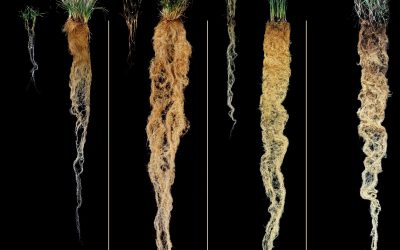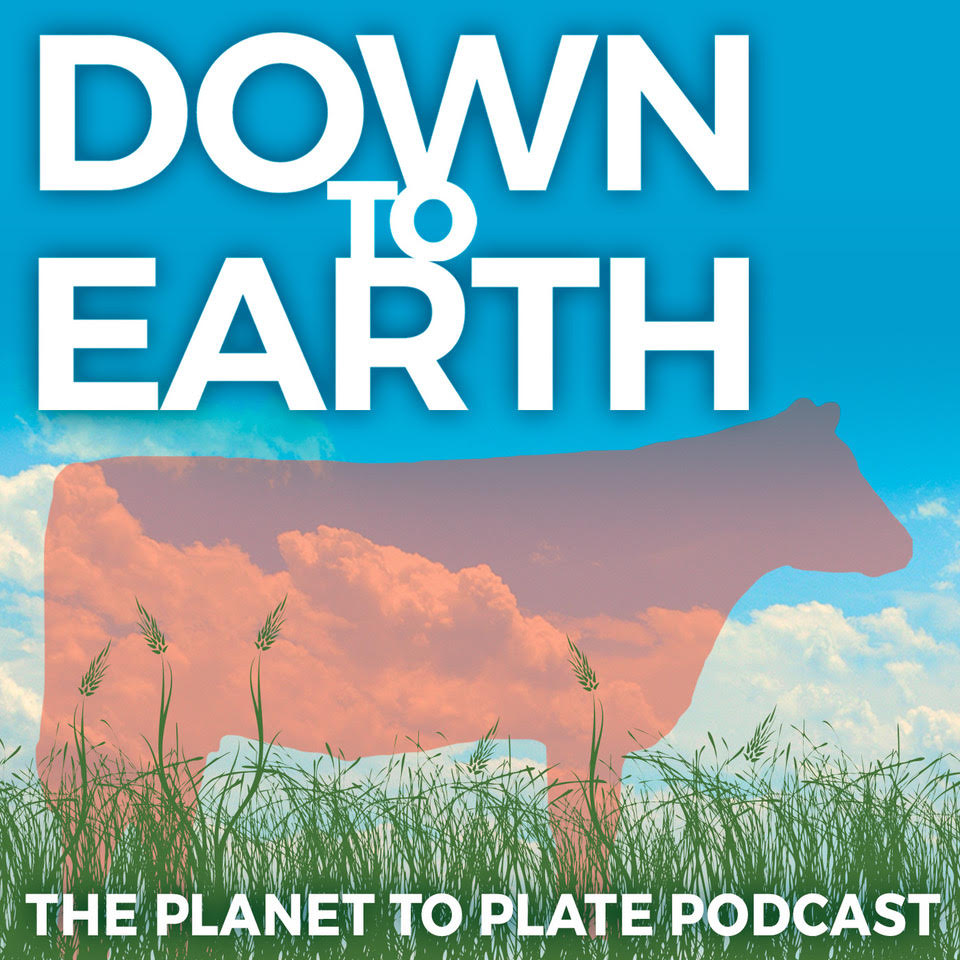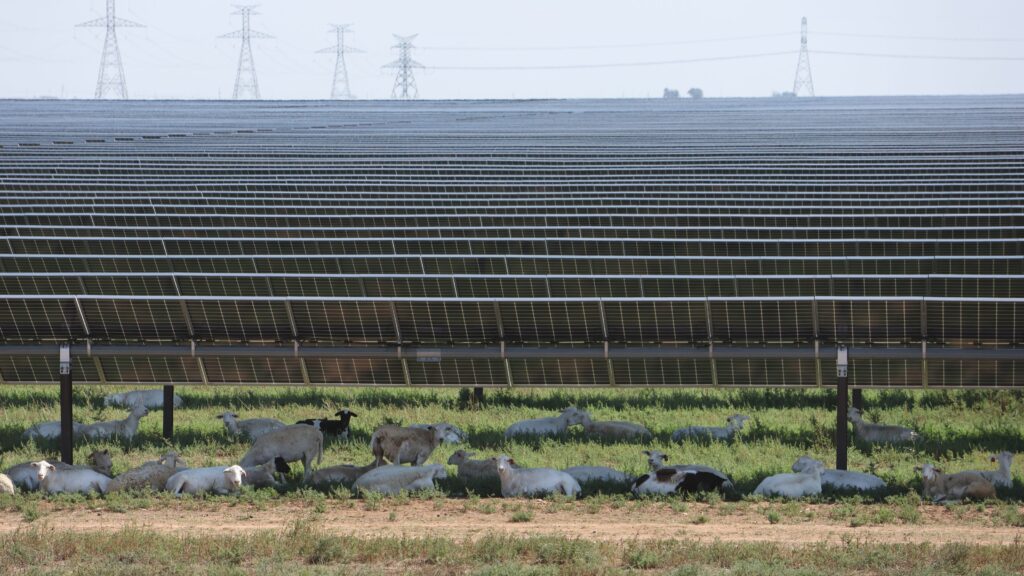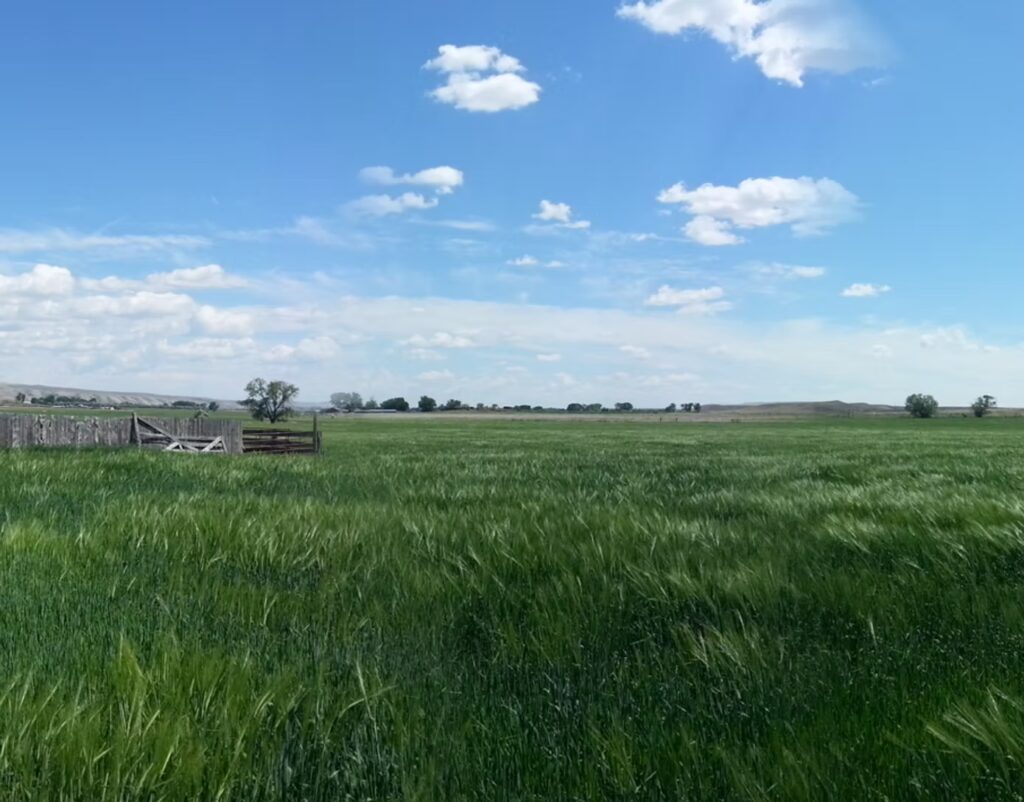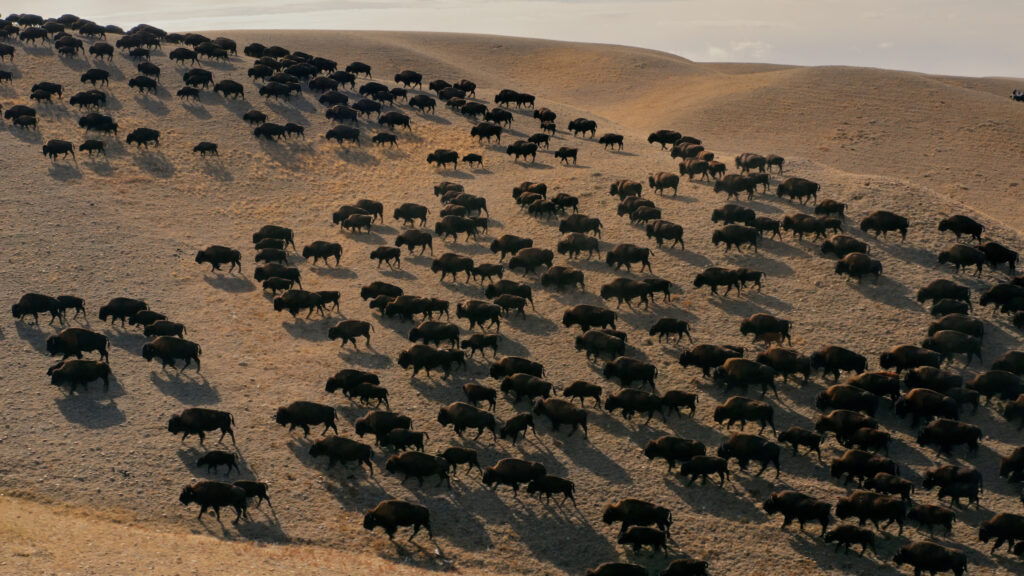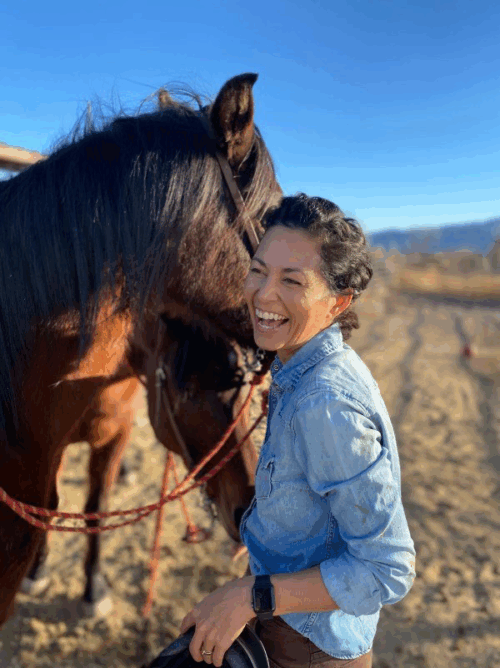Wes Jackson on the problem of agriculture and the perennial solution
Wes Jackson is a visionary. Plant geneticist, founder of the Land Institute, he has a deep understanding of ecological communities — how the many species of life interact with one another on the land — and uses that knowledge to breed grains and other crops that feed the health of the land rather than detracting from it. Over decades he’s been breeding perennial grains, like Kernza, which grows deep roots, feeds the soil, helps sequester carbon, and is being made into products like bread and beer.
While the full potential of perennial crops has not yet been reached — Jackson compares this work to the invention of the airplane, and we’re not yet at the 747 — it may well have the capacity to address the biggest problems in agriculture: the many harmful chemicals and fossil fuel inputs, and the plow itself.

